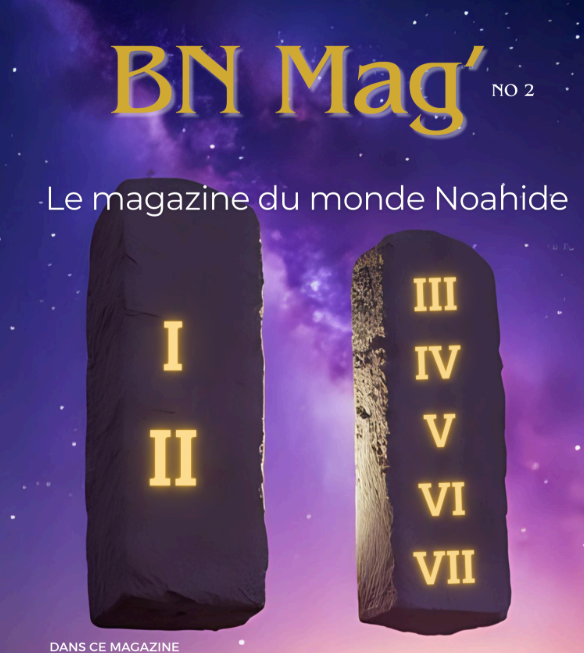"I appeared to Abraham, to Isaac, and Jacob". Who are they—Abraham, Isaac, and Jacob? I think anyone who has read the Torah once knows that Abraham, Isaac, and Jacob are the patriarchs. And here, Rashi surprises us with an interpretation of the word "Vayera" (I appeared). So what is Rashi telling us that we did not know? Instead, Rashi intends to explain the difficulty arising from the word "Vayera." For It is written, "A person shall not see Me (God) and live." So how does the name say "Vayera" (and He appeared)?
The answer is that they were the patriarchs. Since they were the patriarchs, they had a special right that allowed them to have a direct encounter—the "appearance" with the Creator. How? The right they had was the right to live for their children. A person is willing to live for a destiny that he knows will not be fulfilled in his generation but only in the generation after.
That's the right of the patriarchs.
As for us, the children, the Israelites, we were given the Torah for them. The Israelites' mission was to fulfill the promise to the patriarchs to enter the land of Israel and settle in it. Hence, the patriarchs did not truly live, because living for a destiny that did not happen in their lifetime is not called living. Therefore, there is no difficulty with "For a man shall not see me and live." Thus, the verse continues, "And He appeared to Abraham, Isaac's son, Jacob's son, with El Shaddai."
El Shaddai is the God who gives promises, not the God who fulfills them, as Rashi explains.
And what is My name?
My name is, however, Ehyeh-Asher-Ehyeh—the One who fulfills the promises.
The conclusion—I was not known to them. They did not honestly know Me because "I promised and did not fulfill." Thus, within the initial verses of Parshat Vaera, we discover the valid reason for the redemption from Egypt. Why does the Holy One, blessed be He, decide to take Israel out of slavery? The answer is that He has a promise that is still unfulfilled. He promised to give us the land of Israel, and thus, He says all the words of redemption, "And I will bring you to the land that I swore." All the talk about leaving Egypt for religious or spiritual reasons to offer sacrifices is not what Moses says to Pharaoh; it's not what he says to the children of Israel. To the children of Israel, he reveals the valid reason for redemption, which is the fulfillment of the promise to the patriarchs to return to the land of Israel and settle in it.



